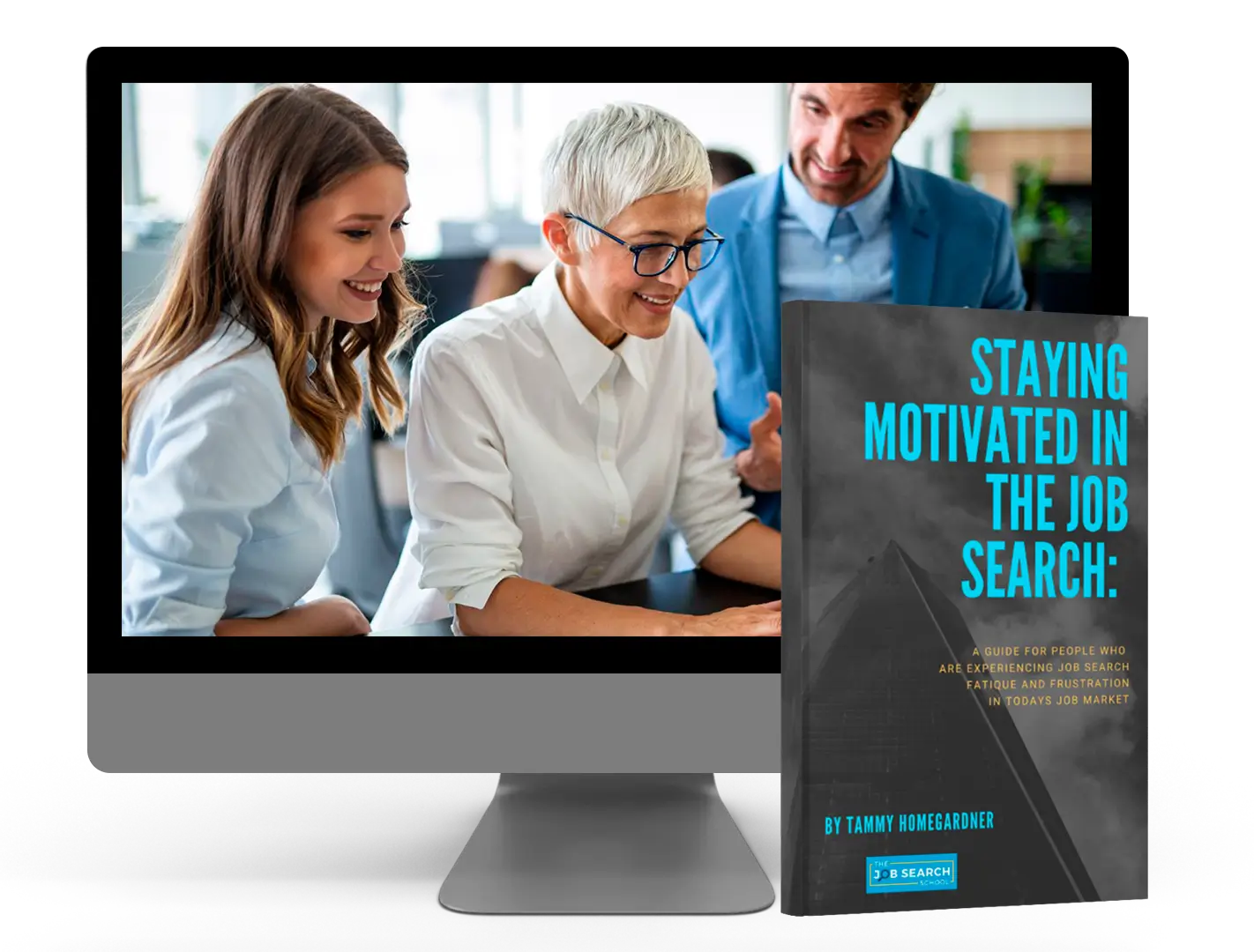How Do Recruiters Find and Use Your LinkedIn Profile?
LinkedIn is the premier job search platform, providing job seekers and employers alike with the opportunity to connect. If you do not have a LinkedIn …
How Do Recruiters Find and Use Your LinkedIn Profile? Read More »








